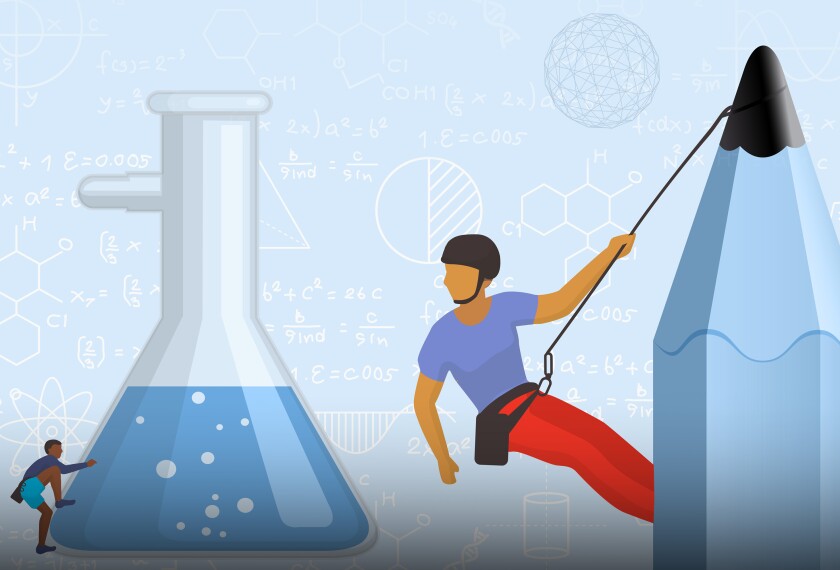To the Editor:
The news about low science scores on the National Assessment of Educational Progress is disappointing on many levels, especially since it comes at a time of great social division in our country (“The Latest Science Scores Are Out. The News Isn’t Good for 69��ý,” May 25, 2021). While we have seen science deliver on vaccines and treatments in the pandemic, there has also been greater politicization of and skepticism about science fueled by a barrage of misinformation and conspiracy theories. All this can cause students to become disaffected learners of science.
The impact of remote learning this past year on science education has yet to be calculated. Even with educators’ best efforts and the plethora of online science programs (many of which are free), it is likely we will see further declines in science literacy, especially in communities where access to online learning has been difficult if not impossible. This is likely to further decrease the number of students of color coming into the STEM talent pipeline, which will have its own future repercussions.
Ensuring that students have a solid foundation in science is not just about encouraging young people to consider STEM-based careers. The scientific-discovery process helps to develop critical thinking and analytical skills that can be applied to any field of employment. Moreover, science understanding will help students to better interpret media coverage about science and make more informed decisions as voters.
Advances in science have given us the ability to cure disease, grow better food more sustainably, create new industries offering well-paying jobs, and explore the wonders of our universe. But the only way for science to continue delivering solutions for our collective well-being is if there is a diverse STEM talent pipeline to ensure it.
Nicholas B. Dirks
President & CEO
New York Academy of Sciences
New York, N.Y.




